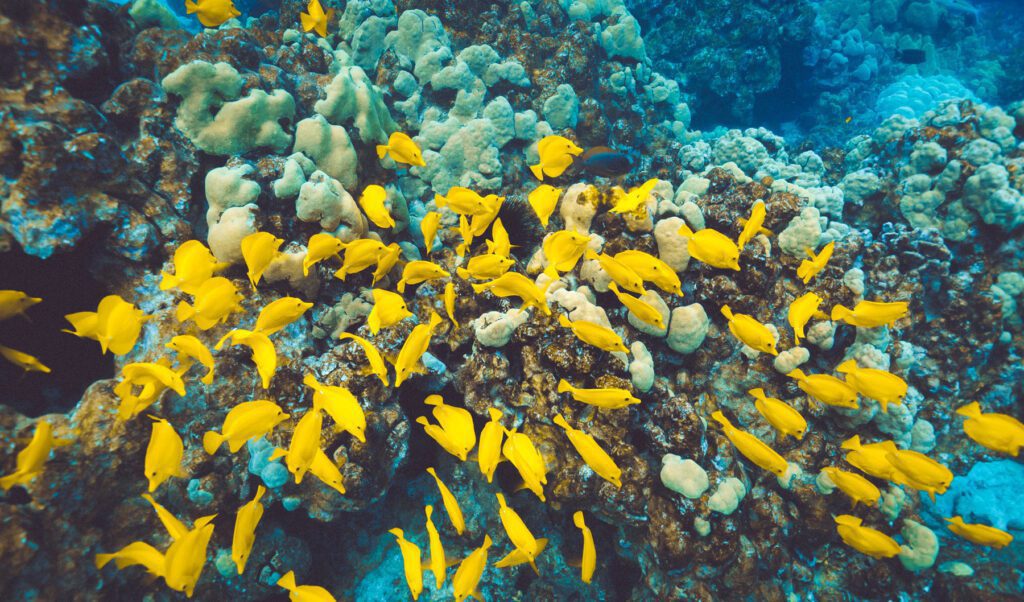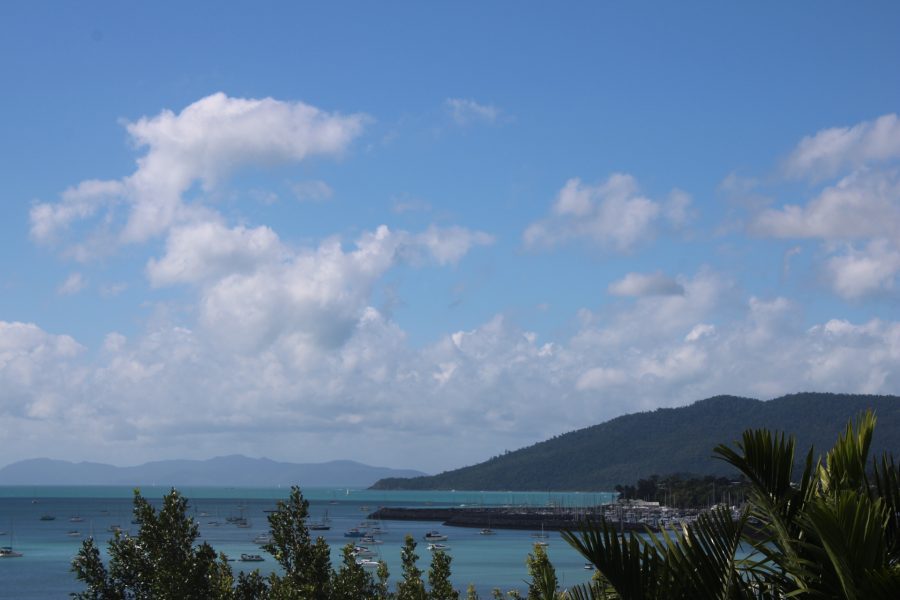THE HIGHLIGHT for most visitors to the Great Barrier Reef is their encounter with the myriads of coral reef fish…every size, shape, and colour.
Very inquisitive and often right in your face!
Unfortunately, the opportunity for that experience is changing.
A study has found concerning new evidence of long-term declines in coral reef fish around highly visited inshore islands of the Great Barrier Reef.
Scientists surveyed reefs at 100 sites around the Palm Islands, Magnetic Island, Whitsunday Islands, and Keppel Islands over a 14-year period,
The surveys revealed fish communities are struggling to cope with increasingly frequent disturbances including coral bleaching, floods and cyclones.
The study is part of a reef monitoring program, now led by James Cook University, around popular inshore islands, which are important for recreational fishing, tourism and local communities.
“The fringing reefs around inshore islands suffer from intense human pressure due to their proximity to the coast,” explained Dr Daniela Ceccarelli, the lead author in the study.
“Reefs further from the coast have generally shown fish to be quite stable in the face of environmental disturbances, but it’s a different story for the inshore fish communities.
“These inshore fish habitats have endured greater cumulative and intense local-scale pressures, with too little time to recover between stress events.”
The study found fish populations across these islands dropped by 33 per cent to 72 per cent, and the numbers of fish species fell by 41 per cent to 75 per cent, depending on the location.
These are substantial and concerning declines in fish abundance and diversity at the surveyed sites.
In the Whitsunday Islands, Cyclone Debbie, in 2017, caused a steep drop in fish abundance.
“Cyclone Debbie’s intense impact on coral cover, and physical damage to reef structures, reduced available habitat, especially for coral-dependent species,” said Dr Maya Srinivasan, a coral reef ecologist at James Cook University and co-author of the study.
“This loss has made it challenging for fish populations to maintain stability in these areas.
“Marine Park zones, where fishing is banned, improved the picture to some degree, providing a buffer for the species that are usually targeted by fishers.
“However, we found that No-Take Marine Reserves are unlikely to mitigate the impacts of an increasingly chaotic climate for all fish species in the long-term,” she said.
Coral reefs have always been considered as the ‘canary in the coal mine’ ie. an early indicator of climate change impacts.
This latest research adds to the mounting evidence that, without global action on reducing emissions, protected areas and fisheries management alone are not sufficient to safeguard coral reef fish.
Contributed by Tony Fontes on behalf of the Whitsunday Conservation Council.






